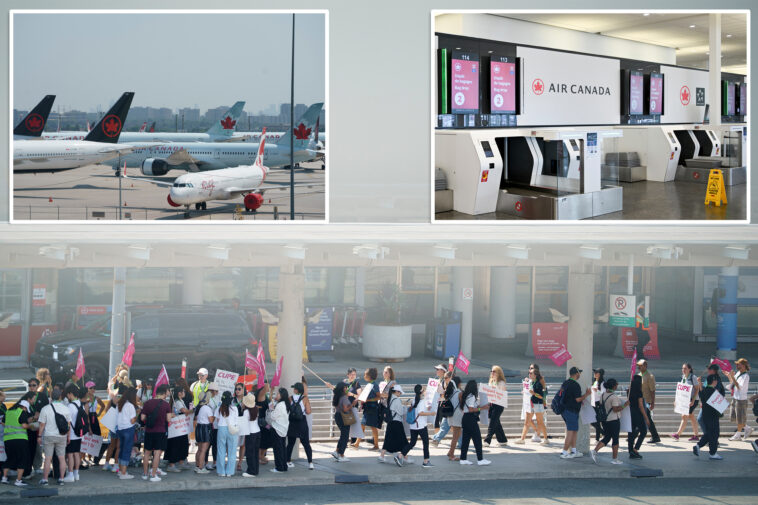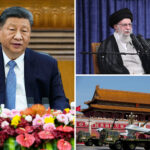The Canadian government brought the Air Canada strike to a screeching halt Saturday by imposing binding arbitration on the airline and its flight attendants.
The move came less than 12 hours after Air Canada’s 10,000 flight attendants walked off the job, at 1 a.m. Saturday, after months of stalled negotiations over a new contract.
Canada’s labor policy minister, Patty Hajdu, said she met with both sides Friday night and determined there was a low likelihood of a near-term deal.
“They are so far apart on a number of issues that they are going to need some help,” she told the Wall Street Journal.
“This is not a decision that I’ve taken lightly, but the potential for immediate negative impact on Canadians and our economy is simply too great,” she said.
The most contentious issue in the contract talks has been the Canadian Union of Public Employees’ demand for compensation for time spent on the ground between flights and when helping passengers board. Flight crews are currently only compensated when their airplane is moving.
Montreal-based Air Canada formally requested this week the government impose binding arbitration, arguing talks were at an impasse.
The union in a statement said the government gave Air Canada what it wanted.
The union, known as CUPE, made “reasonable proposals for a fair cost-of-living wage increase,” it said. “Air Canada responded by sandbagging the talks.”
Air Canada said it was premature to discuss when flights would resume as the arbitration order was just unveiled.
Air Canada transports about 130,000 passengers daily, operates nearly 200 flights daily to the U.S., and flies to nearly 60 countries.






